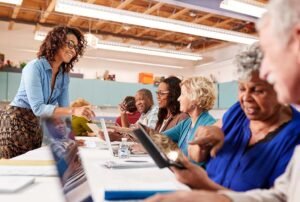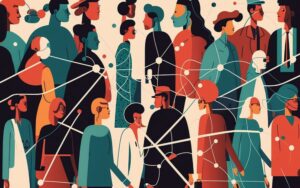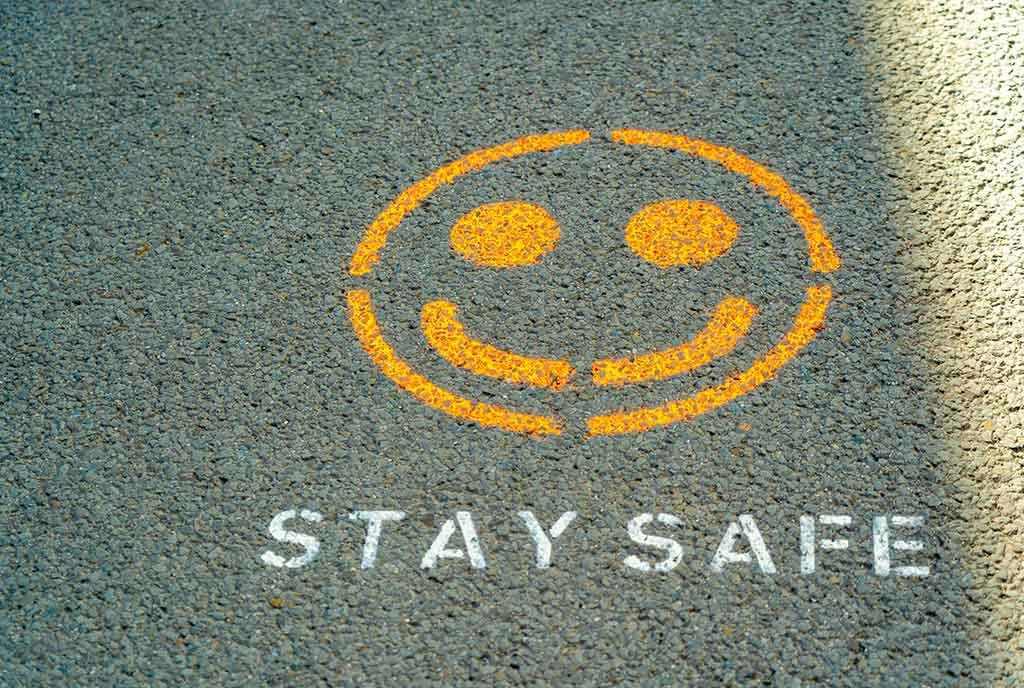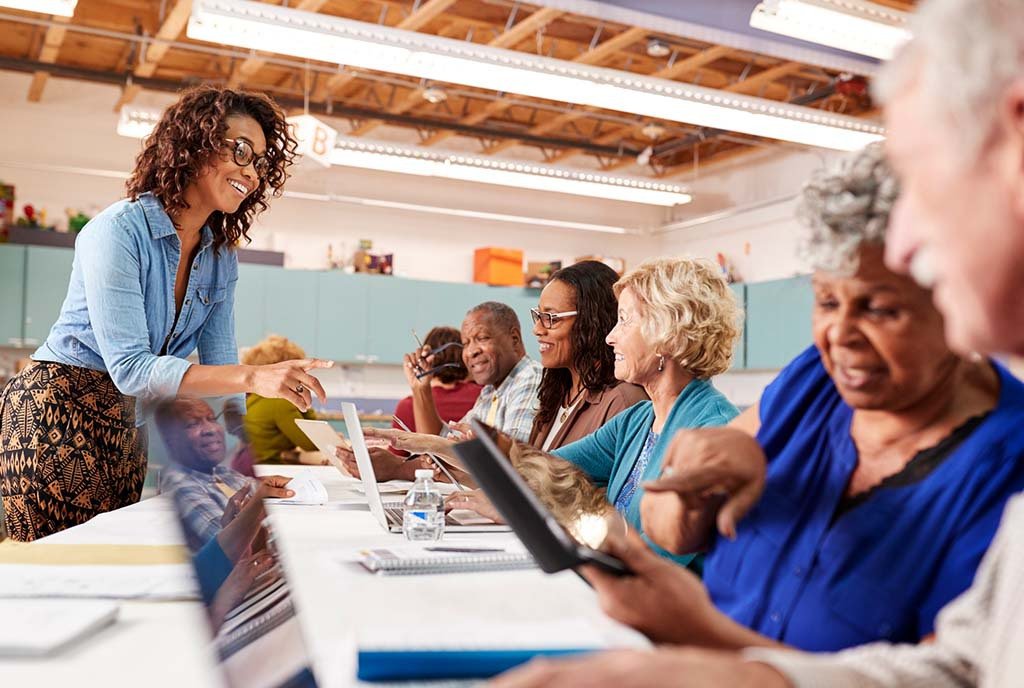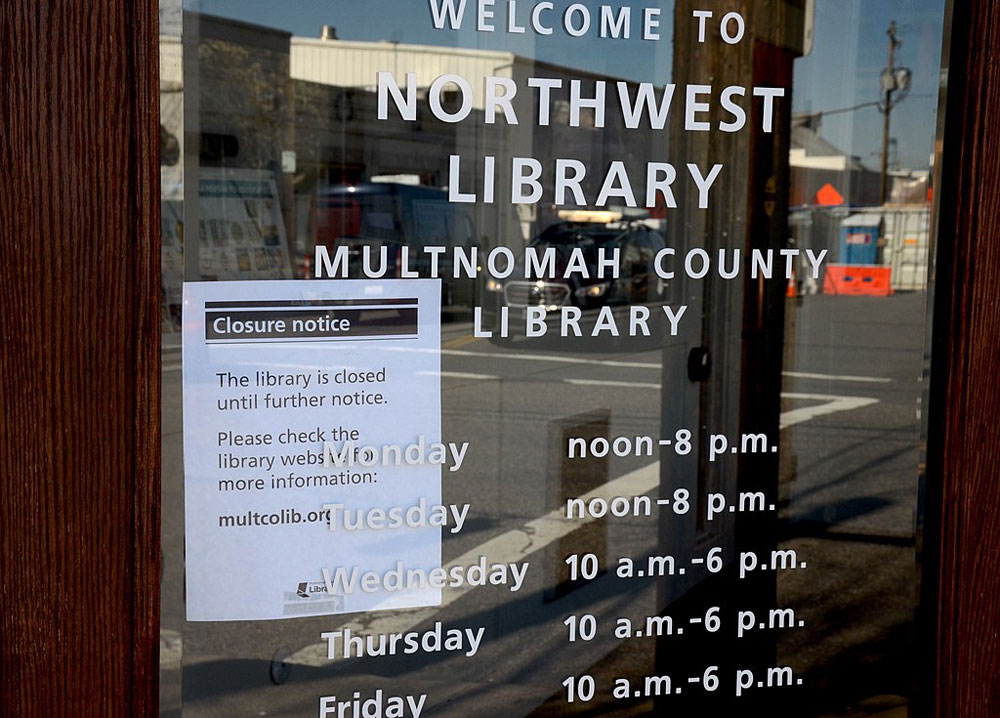
August 4, 2020, WJAR-TV (Providence, RI)
A library with closed doors is not necessarily a closed library. They often remain open, with programs that run online and in-person outside the building.
Rhode Island’s Providence Community Library System serves a city of 178,000. Like so many others, its libraries have not skipped a beat since they closed for COVID-19. They’re offering daily summer programs, masked and spaced apart, under patio tents. Every day of the week has something delightful or educational, from community events to games for children to personal improvement events like virtual yoga. The library is open on a limited basis. Ten people are allowed in at a time, and computer stations inside can be reserved in advance for an hour. Other communities’ libraries also continue with packed calendars through the pandemic lockdown to keep residents engaged and connected during quarantine. Stratford, a town in Connecticut with 52,000, has a library with virtual programs every weekday and on Saturdays, with family programming like the Alphabetical Scavenger Hunt, Grab-n-Go art kits, and science kits that can be picked up at the library. One finds webinars about Connecticut schools’ coronavirus challenges and classes on 3-D printer use.
The United States has around 110,450 libraries. They’ve become centers for the entire community to use, at least after the passage of the Civil Rights Act of 1964, and since the early 1990s, they’ve been offering computer access to those lack it—whether that means rural and disadvantaged communities that don’t have broadband or people who don’t have the means to pay for computers or internet hook-ups at home. Being locked out of online communication ability during a pandemic can bring devastating isolation.
The Roeliff Jansen Community Library serves Hillsdale, New York, a town with a population of 1,800 surrounded by farms and parkland. On their website, they say Wi-Fi is available there, “including from the driveway when library is closed.” It’s not uncommon to see cars parked outside closed libraries so people can access free internet on tablets and laptops.
Sign up for our free newsletters
Subscribe to NPQ's newsletters to have our top stories delivered directly to your inbox.
By signing up, you agree to our privacy policy and terms of use, and to receive messages from NPQ and our partners.
Lastly, we visit Middle Country Public Library, which has branches in Centereach and Selden on New York’s Long Island. The library’s full calendar includes daily virtual programming, as well as outside children’s learning experiences in the Nature Explorium, with tools such as water bins, a stage, and plantings. Children can get reserved space in the explorium, limiting the number to keep them spaced apart. There is also a free lunch program provided by a Long Island nonprofit.
Sophia Serlis-McPhillips is the director of both branches of the library. She captured in an email to Nonprofit Quarterly the goals that apply to so many libraries in so many diverse communities during this unique and challenging time:
It has truly been a challenging time; we’ve had to re-condition ourselves to not plan so far in advance and to find new ways to stay engaged with our patrons while we’re open to the public with limited capacity and services. Our first goal was to make sure that we were still providing services to our patrons that would improve their life circumstances. For example, continuing to offer our citizenship classes remotely or our virtual one-one-one appointments so that patrons can connect with our social worker, career counselors and librarians. We are also offering a free lunch grab and go program (provided by LI Cares) for children, ages 18 and younger, three times a week.
Mary Rowe, the president and chief executive of the Canadian Urban Institute, says the current uncertainty demonstrates that the library is another of the frontline commons. “In a contemporary city, the built environment consists of various kinds of facilities that function as anchors,” Rowe says, “and during this pandemic that’s become clear.” The library is a frontline anchor.—Marian Conway




